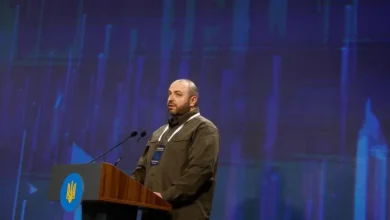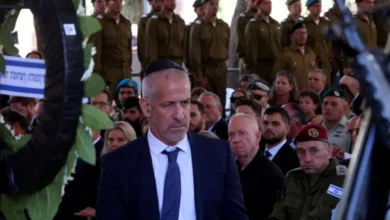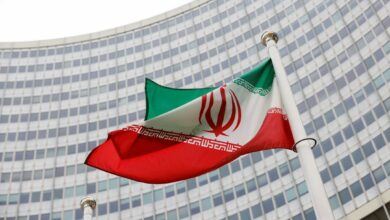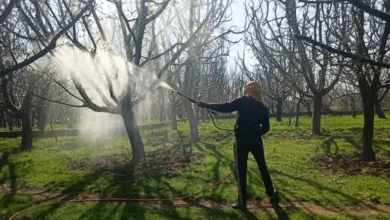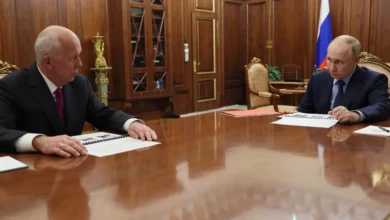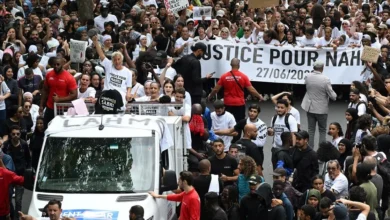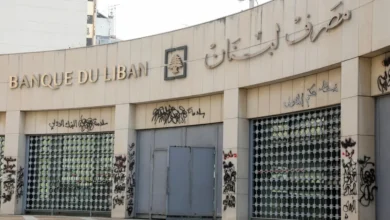NHS strikes: What ails UK health service? Doctors’ protests or budget cuts?
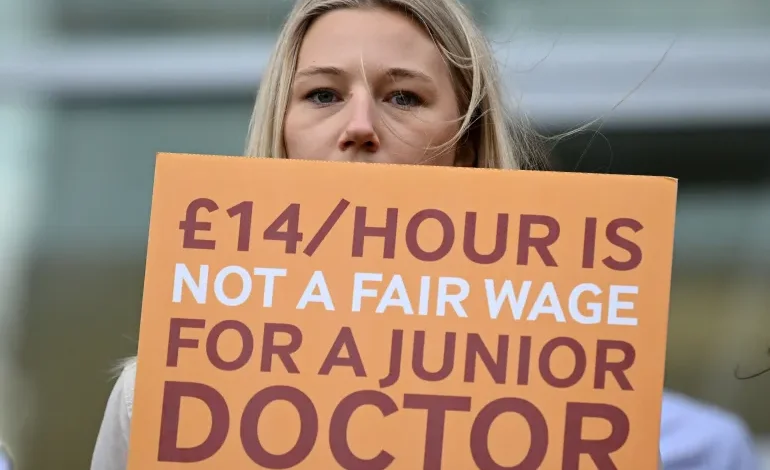
Thousands of doctors across England have started a three-day strike for the eighth time since March, demanding better pay and working conditions.
Consultants and junior doctors – who form 80 percent of hospital doctors – began the 72-hour strike at 7am (06:00 GMT) on Monday, as the ruling Conservative Party convened for its annual meeting in Manchester.The publicly-funded National Health Service (NHS) has warned that the strike will cripple nonemergency services.
It will mark the second joint strike by consultants and junior doctors in less than a month, forcing hospitals to reschedule outpatient appointments and nonurgent operations. Nearly a million hospital appointments have been rescheduled since the strike action, including nurses, began in December.
Here’s what you need to know about the strike:
Why are the doctors striking?
Doctors say the raises in their salaries have not been keeping up with high inflation amid a cost of living crisis in the UK.
The health sector has suffered from staff shortages due to years of funding cuts. This means medical professionals are forced to work longer hours, unsupported, and unable to take breaks. A recent survey by The British Medical Journal found that one in three medical students plan to leave the NHS within two years of graduating.
Add to this, a lack of resources, such as hospital beds and medical equipment, and doctors are left feeling “undervalued and burnt out”, says Dr Kiran Rahim, a junior doctor and a paediatric registrar in a London hospital. She has been providing critical medical care and treatment for sick children since she qualified about a decade ago.A consultant’s starting basic full-time annual salary is 88,300 pounds ($107,328) and for a junior doctor who has just graduated from medical school it is about 29,384 pounds ($35,716).
A survey by the British Medical Association (BMA) the trade union representing doctors in the UK, has said nearly half of junior doctors were struggling to pay their rent or mortgage during the cost of living crisis, and half had difficulty paying their energy bills.
Dr Rahim was hoping, by this point in the year, to be able to continue doing a job that she loves, instead of going on her strike.
“I want to see the government work with doctors to bring an end to industrial action, but that has repeatedly not happened. Our goodwill has been exploited enough and we’re just done. Formal resolution with the BMA needs to happen.”Is the government’s pay offer to doctors enough?
Last year, junior doctors were offered an “insulting” pay rise of 2 percent, “well below inflation”, the BMA said.
All this culminated in strike action in March this year, with junior doctors demanding a 35 percent pay remuneration, and consultants asking for 12 percent.
Now the government has offered 6 percent and 8.8 percent to consultants and junior doctors respectively.
Using annual consumer price index (CPI) forecasts, a 6 percent rise would only amount to 1 percent if the rate of inflation is factored in.
Doctors have rejected the offer.Professor Phil Banfield, BMA council chair, says doctors are willing to end strikes if the government makes “a credible offer”.
“We don’t want to be on strike, we don’t want to have to protest at party conferences, but we do want doctors to be recognised as the highly skilled practitioners of medicine that they are. We want to be serving our patients.”
